There is a deep quiet to be found in Escaladei, a village high up in the mountainous Priorat region of Spain, which is home to the Cellers de Scala Dei vineyard. Getting there from Barcelona isn’t for the faint of heart, as the roads weave erratically along the hillsides. Driving there, I gripped the steering wheel tightly and drowned out my fears with music from a local reggaeton station.
At the vineyard, Roger, our guide, impressed on us the importance of two things in Priorat: Garnacha and monks. The Carthusian monastery of Scala Dei was founded in 1194 by monks who had come from France to set up their first Spanish religious community. Its impressive ruins still stand high above the village, with cypress trees flanking the entrance.
The monastery, so legend has it, got its name when the monks met a shepherd who told them he had seen angels climbing a ladder – or stairway – to heaven at the summit of nearby Montsant. Some 70 years later, the monks became interested in viticulture and started planting vines. Their interest paid off: Priorat is one of only two regions to have been awarded Spain’s highest-level designation of origin, alongside Rioja. Now, the area has more than 550 vineyards, most of which are dedicated to growing top-quality red Garnacha.
All the focus of the village is on the wine, which perhaps explains why it is so good
“Garnacha is God in Priorat,” Roger explained, pushing open a heavy wooden door and showing us into the cellar, with its high vaulted ceilings and thick stone walls. Half the ceiling is blackened; in another life, it was split into two rooms. One had been used as an office from which monks were once forced to flee by invading forces, burning their paperwork behind them. It felt almost like a tomb. Here the wine lies, undisturbed, in 100 percent French oak barrels for at least a year before the locals even think about bottling it. The oak softens and rounds the wine, imparting complex secondary undertones while putting Garnacha’s distinctive fresh red fruit flavors front and center. It’s a labor of love and a salute to the traditions that have kept these wines almost unchanged for hundreds of years.
A sign on the door lists the items banned from the cellars: cigarettes, flammable liquids, cats. “They are always sneaking in here,” Roger said. “We try to stop them – but they’re smarter than us.” Dogs, he explained, are also a menace for the vineyard workers. Escaladei is home to just 12 residents and they largely let their animals roam free.
All the focus of the village is on the wine, which perhaps explains why it is so good. The quiet is almost oppressive, but the beauty of the area – with its sandy slate buildings and green wooden slatted shutters – lifts it a little. Roger, who comes from nearby Poboleda (another small wine-making village) says the people of Priorat have wine in their blood. It’s been a hard-won fight to keep that blood flowing: a phylloxera pest devastated vineyards across Europe in the late 19th century, and many were lost entirely. Hordes of locals fled, and the economy – reliant at the time on the wine industry – was decimated. Scala Dei persisted.
We tasted the 2022 Blanc de Scala Dei and the 2023 Scala Dei Pla dels Àngels, a white and a rosé both made using grapes from one of the vineyards nestled in the mountains. That the vines are planted between 1,500 and 2,000 feet above sea level gives the resulting wines a certain breeziness, as though the wind passing over the grapes at such a high altitude has made its way into the bottle. The 2022 Scala Dei Prior was a full-bodied red that stained my lips, and I bought a bottle to be drunk later.
At Gran Hotel Mas D’en Bruno, a short drive from Escaladei, the terracotta walls stand out against a background of dark soil and green vines. The hotel is set in one of the region’s most prestigious vineyards, Clos de l’Obac, which has produced wines since 1989 and helped to put Priorat on the map. From some of the rooms, you can reach out and touch the vines. The vineyard’s owner, Carles Pastrana, is revered as one of the cincos magnificos – five magnificent ones – for reinvigorating the region in the 1980s.
I returned to Barcelona, to its loud streets and cramped alleyways – a far cry from the calm of Priorat
The food at Mas d’en Bruno more than matches the quality of the local wines. This is down to twenty-something chef Josep Queralt, who is often talked up in the Spanish press as the country’s next big thing. He runs Vinum, the more formal of the hotel’s two restaurants. His food celebrates the produce and the history of Priorat as much as the wines do. Civet of local wild boar appeared, the animal’s blood infused through the sauce to thicken it. It was almost indistinguishable in color from the deep ruby of the accompanying wine, a 2021 Pas Curtei DO Penedès, which was reminiscent of a Bordeaux but produced in Catalonia. To finish, two thin-stemmed glasses filled with a thick, raisin-scented nectar arrived at our table: a sumptuous 2021 Pedro Ximénez.
I returned to Barcelona, to its loud streets and cramped but charming alleyways, filled with bars, music, life. It was a far cry from the calm of Priorat. For my last meal in Spain, I reached again for a bottle of Garnacha – white, this time. Rioja wine may be Spain’s most iconic, but for a truly religious experience, it must be Priorat. They’ve got God on their side.
Suites at Gran Hotel Mas d’en Bruno start from €375 a night and transfers from Barcelona airport start from €300. This article was originally published in The Spectator’s August 2025 World edition.



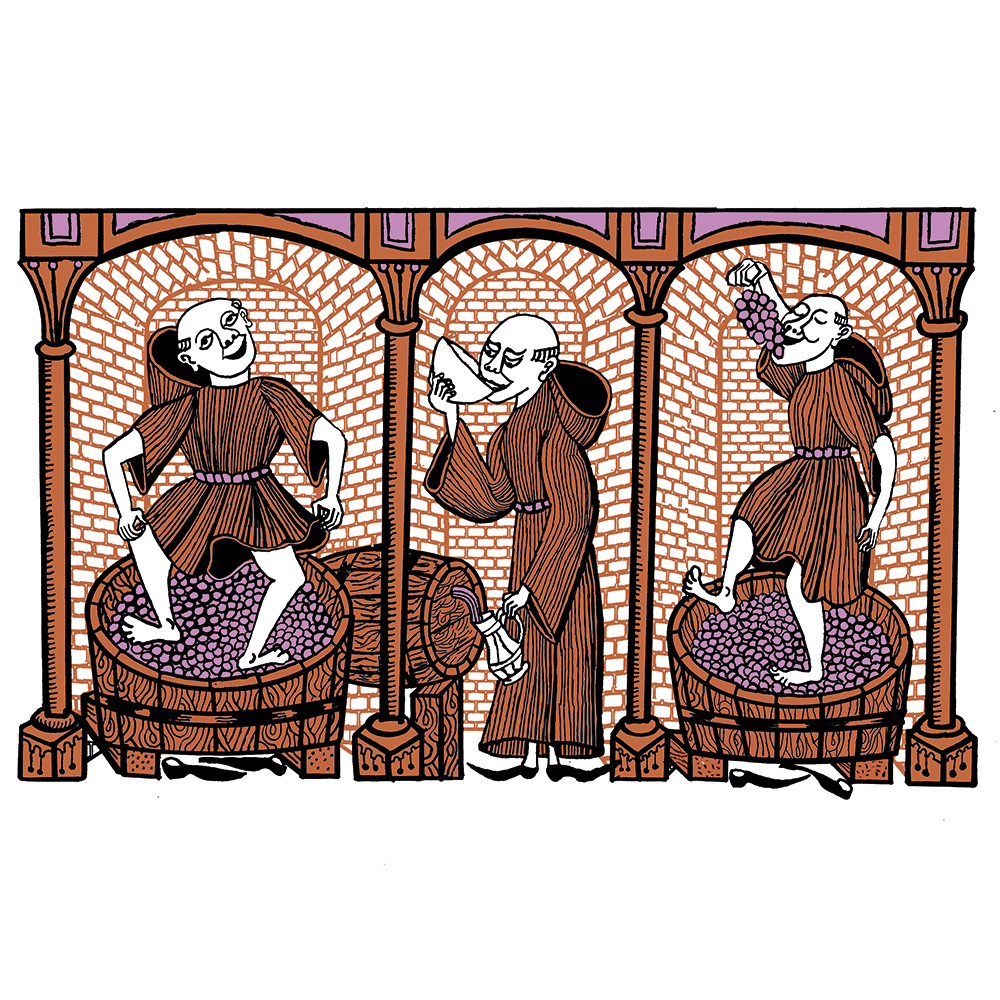






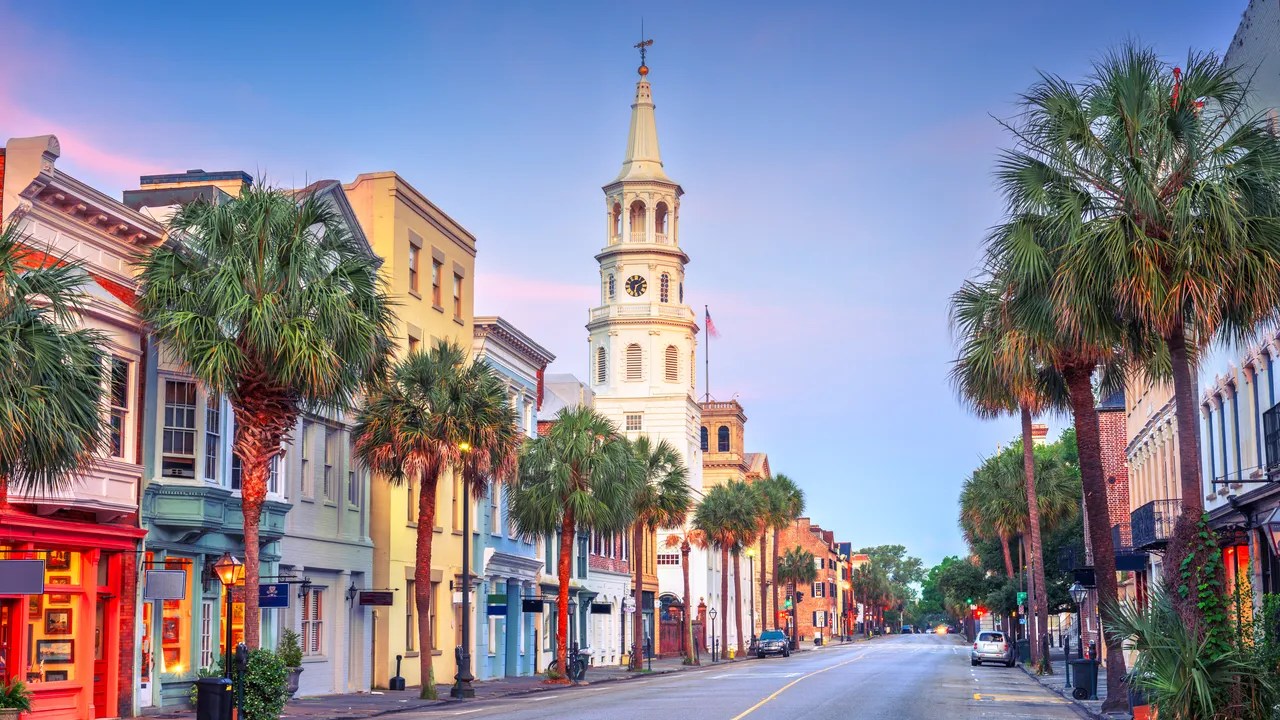

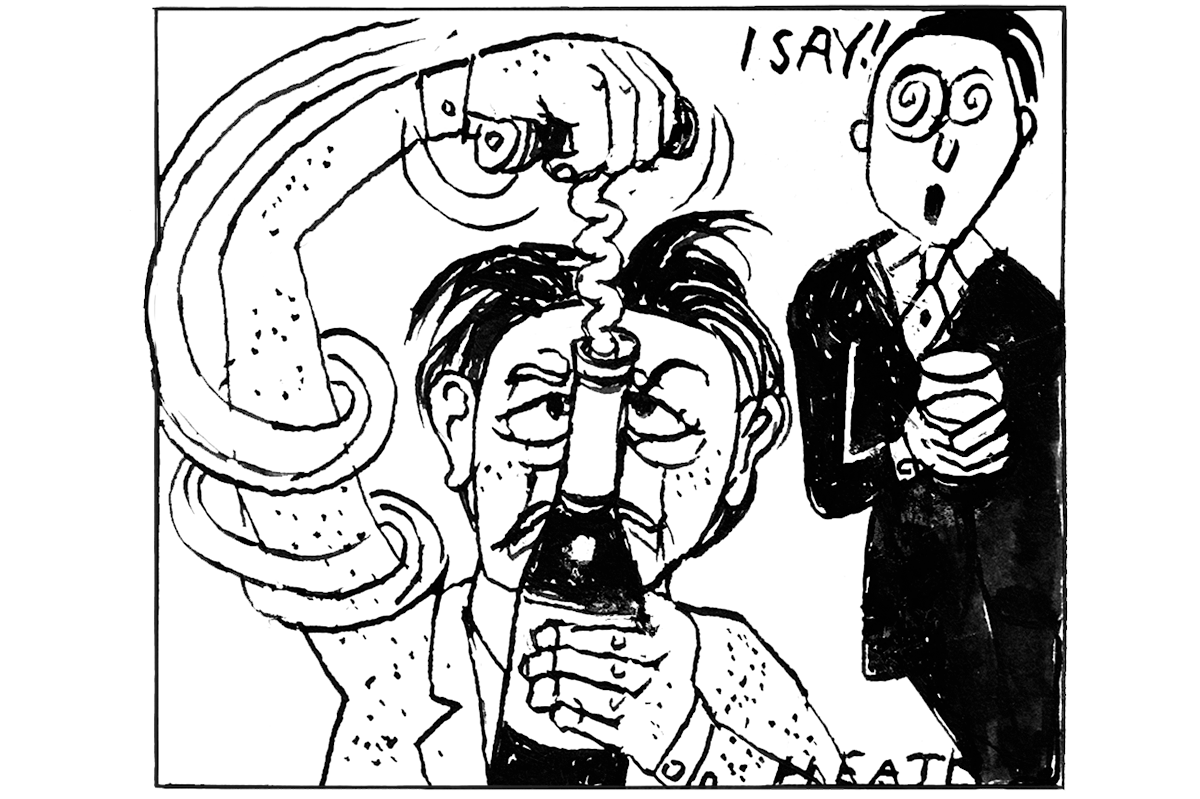
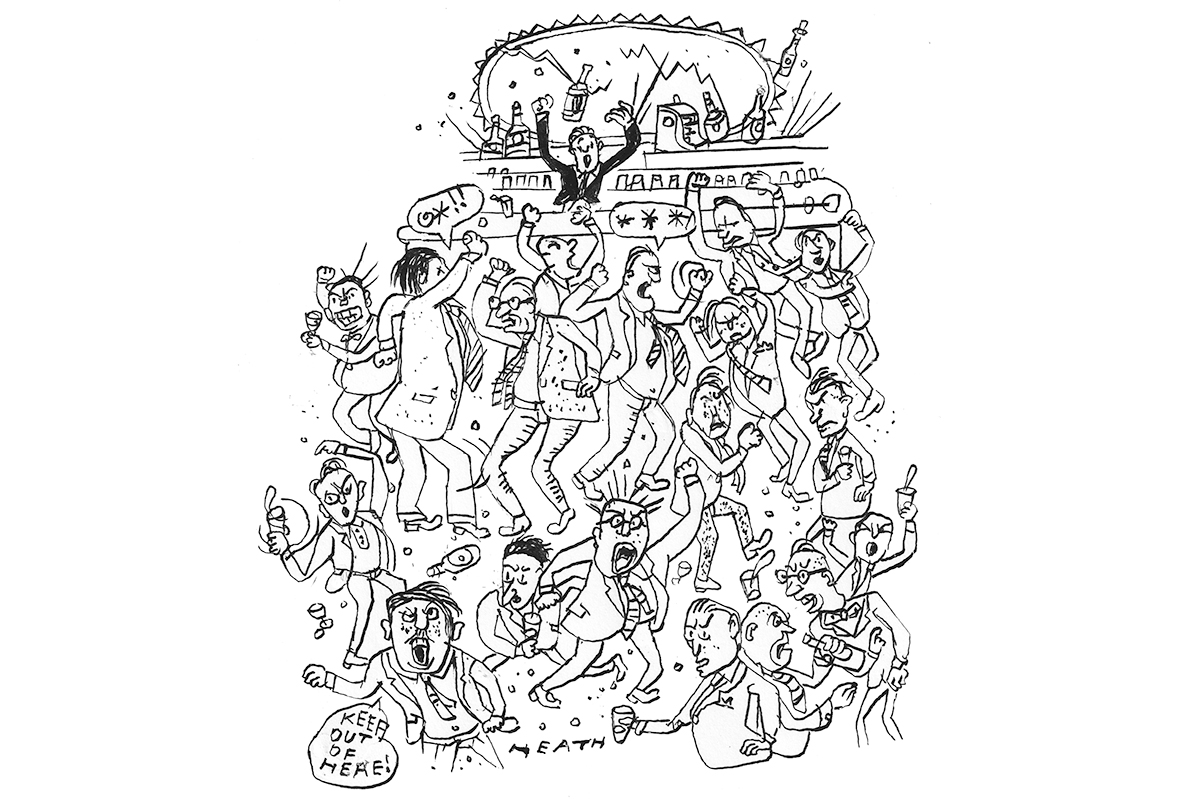
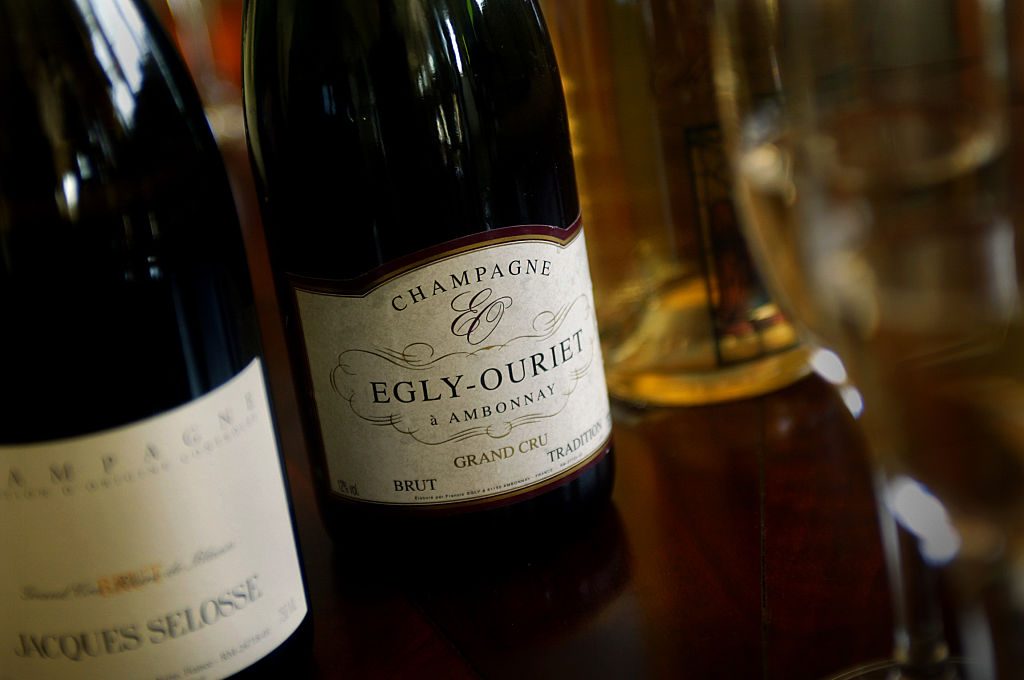
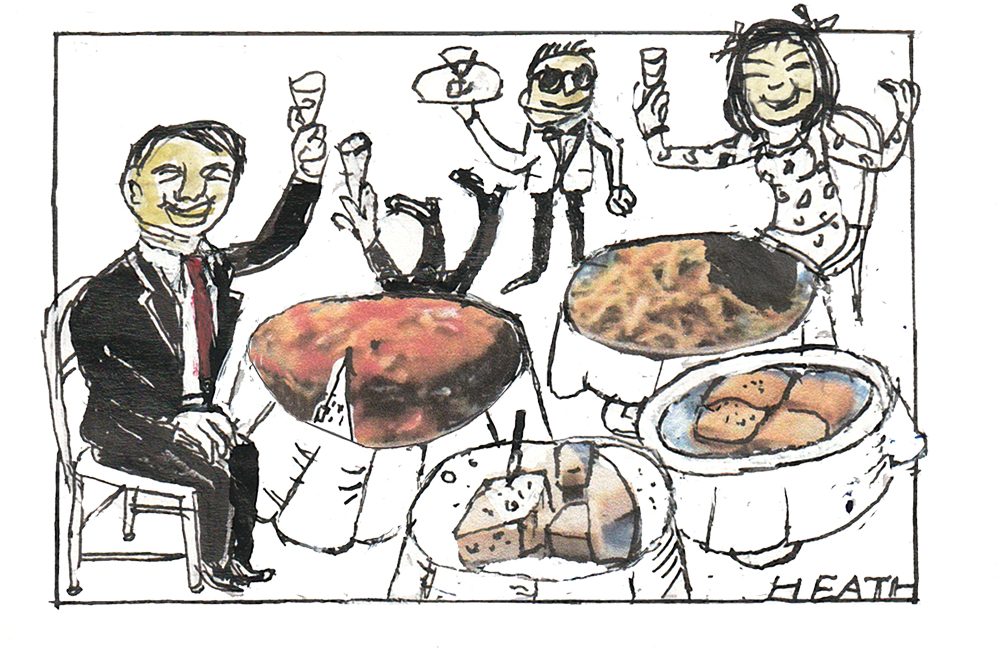







Leave a Reply